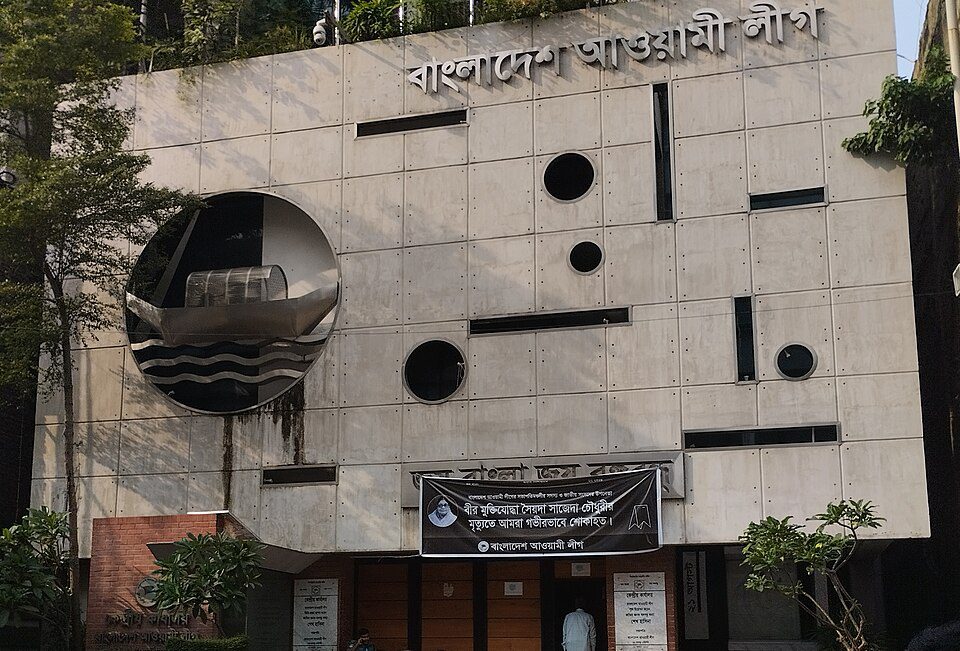The interim government of Bangladesh has officially banned all activities of the Awami League, the political party led by ousted prime minister Sheikh Hasina.
The decision, taken under the provisions of the Anti-Terrorism Act, 2009, was formalised through a gazette notification issued on Monday.
This ban means that no political activities may now be legally conducted in the country under the name of the Awami League, which was ousted from power in August last year following a massive student-led uprising.
The movement, driven by calls for equality and justice, culminated in the downfall of the Awami League-led government after 15 years of continuous rule.
The ban is part of a broader wave of legal and political actions taken by the interim government, which assumed power in the aftermath of widespread unrest.
The Awami League has been accused of ordering and executing a violent crackdown on the student-led anti-discrimination movement during July and August, resulting in the deaths of approximately 1,500 people, according to reports from human rights groups and local media.
In response to growing public outrage and demands for justice, the interim authorities have introduced amendments to several key laws, including the Anti-Terrorism Act, 2009 and the International Crimes (Tribunals) Act 1973.
These legal revisions have broadened the government’s authority to designate political organisations as terrorist entities and to prosecute their leaders for crimes against humanity and genocide.
Awami League leaders are currently facing trial at the International Crimes Tribunal, a court originally established to try individuals responsible for war crimes during the 1971 Liberation War.
The tribunal’s mandate has now been expanded to include crimes committed in more recent political contexts, including those tied to the July–August 2024 uprising.
Legal experts and political analysts have noted that this marks the first instance in Bangladesh’s history where a major political party has been banned under anti-terror legislation.
Supporters of the interim government claim the move is essential for national healing, accountability, and the restoration of democratic norms.
However, the decision has also sparked significant concern among civil rights advocates and opposition voices. Critics argue that the ban raises serious questions about due process, freedom of association, and the long-term health of democratic pluralism in Bangladesh.
Some fear that such precedent may be used in the future to suppress dissent and political competition.
As the legal and political landscape continues to shift, the fate of one of Bangladesh’s oldest and most influential political parties remains uncertain, and the broader implications for the country’s democracy are yet to fully unfold.


